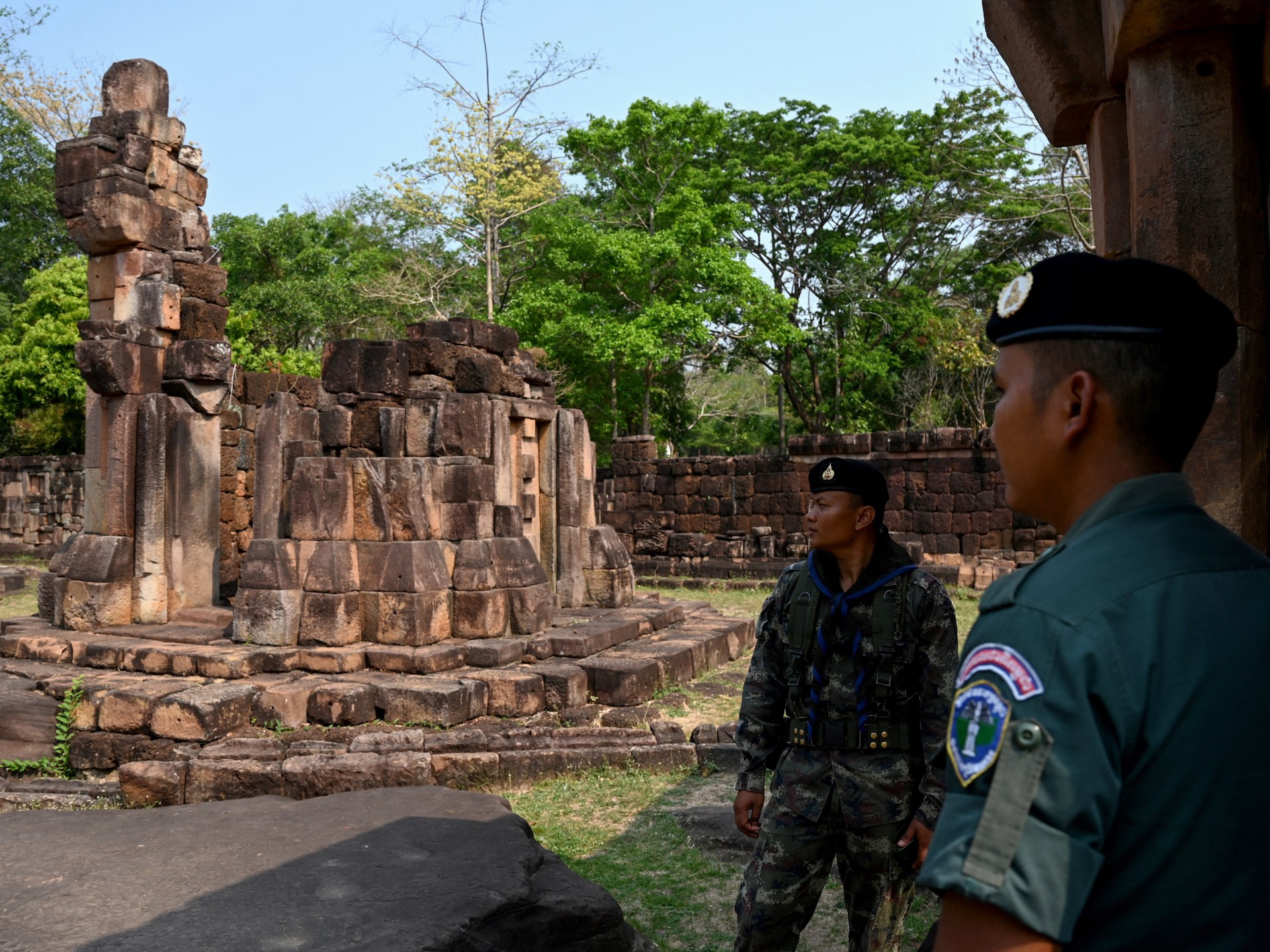The Thai military said in a statement on Thursday night that it had uncovered “worrisome” indications that Cambodia has increased its military readiness along their shared border.
In case there is need to retaliate against a violation of sovereignty, the army is now prepared for a high-level military operation, according to the statement.
Operational units at the border have been conducted carefully, calmly, and in accordance with the situation, ensuring that both sides’ interests are protected at all costs, the statement continued.
The Thai Public Broadcasting Service (Thai PBS) reports that the country’s army, navy, and air force have all increased their combat readiness, and that the top brass of Thailand’s armed forces are scheduled to meet in a closed-door meeting on Friday afternoon.
According to Thai PBS, Colonel Chainarong Kasee, the commander of Thailand’s 12th infantry regiment of the Royal Guards, his troops have been instructed to check all equipment is in good working order.
In a tense border region between Thailand’s Preah Vihear province and Cambodia’s Ubon Ratchathani province, according to the Ministry of National Defense on May 28, Thai troops shot and killed one of its soldiers.
In the disputed border zone, Thai soldiers were charged with opening fire on a Cambodian military post first. Cambodian forces opened fire first, according to Thailand’s defense minister Phumtham Wechayachai.
Over the years, the Southeast Asian neighbors have engaged in frequent clashes in Preah Vihear’s border region, where a 900-year-old temple is at the center of a decades-long conflict that has sparked nationalist sentiment on both sides of the border.
Between 2008, when Cambodia designated the temple as a UNESCO World Heritage Site, and 2011, there were several deadly clashes in the area, resulting in the deaths of about 40 people, including five civilians.
The International Court of Justice (ICJ) upheld a 1962 judgment that ordered Thailand to leave its troops stationed in the area and gave part of the land to Cambodia. In a 2013 decision, the International Court of Justice (ICJ) upheld that ruling.
Hun Manet, the son of Hun Sen, the long-ruling leader’s son, has stated that Cambodia will submit grievances to the ICJ for resolution and requested Thailand’s assistance in the proceeding.
Thailand has instead demanded bilateral discussions in response to its commitment to the ICJ’s jurisdiction since 1960.
Thailand’s government stated in a statement that “Both countries already have bilateral mechanisms to address these issues.”
Thailand reiterates its commitment to resolve disputes peacefully and based on international law, treaties, and agreements, as well as satellite imagery and other verified evidence, the statement continued.
Source: Aljazeera

Leave a Reply